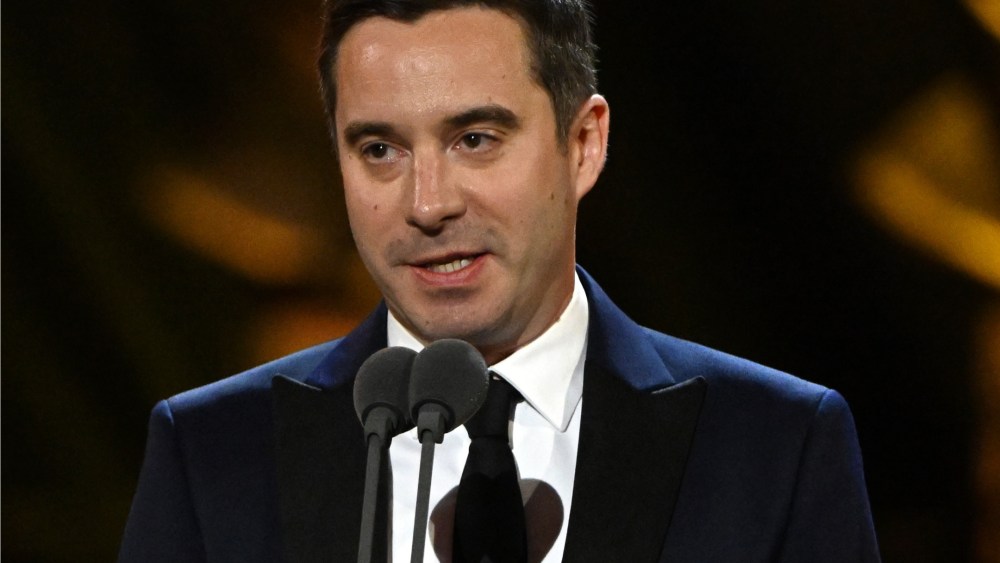Entertainment
‘Sherwood’ writer James Graham fought for weekly episode drops

“Sherwood” writer James Graham has revealed that he fought for the BBC drama to be available in weekly episodes rather than all at once on streaming platform iPlayer.
Speaking at the Edinburgh TV Festival on Wednesday, where Graham delivered the annual McTaggart Lecture, he revealed that Charlotte Moore, the BBC’s Chief Content Officer, had included him in the conversation about how to make the series available to viewers.
“There was of course a discussion about whether the entire series should be made available on iPlayer, rather than weekly,” he explained. “I am not against that freedom of choice for an audience. A good old binge works for some shows. But I also deeply cherish those television experiences that stretch out, that require us to wait so that actual, real-life conversations can be generated around the work. Those infamous ‘water cooler’ conversations the morning after the night before.”
“I really felt like not only the twists of ‘Sherwood’ should be something we need to protect, teasing them out so that a significant portion of the audience would be following pretty much the same thing at about the same time. But also because of the social and political themes that are consciously structured to unravel at certain moments.”
The annual McTaggart Lecture in Edinburgh has become known in recent years as a platform for campaigning and Graham continued that tradition by speaking primarily about class, and in particular the under-representation of the working class. He cited a study showing that only 8% of people working in television come from working-class backgrounds, despite making up as much as 49% of the population. He also pointed out that the working class is the largest TV consumer.
Graham called on both the industry and the new Labor government to improve the situation, saying what is needed is “a good, sector-wide standard and plan”, including monitoring class diversity in outputs and prices.
He also said the new government must let “culture” play an active role in this promised “national renewal” – and not just be kept at arm’s length in its own silo on the fringes of policymaking, as is so often the case.
Graham also said that the industry as a whole needs a “joint approach” and that he would “welcome the resources and expertise of those in the television and film industries to help secure the funding to build something and keep it going – if a statement of intention to change, but also as a truly valuable resource.”
In a first step towards that change, the Edinburgh TV Festival’s charity arm, The TV Foundation, unveiled a new initiative called the Impact Unit, which aims to make the industry more inclusive.
The Impact Unit will be led by Gemma Bradshaw from the TV Foundation and initiatives she will implement include setting up a cross-sector working group, introducing a social mobility grant to the festival and contributing to the development of measurement and monitoring .













